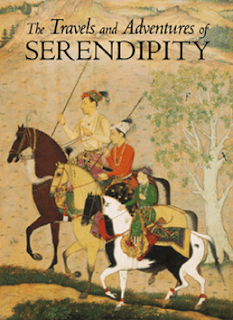An Ear for Poetry

Has the noisy modern world drowned out our ear for poetry? I suspect not. While it may be true that contemporary society both fears and yearns for silence, it is also clear to me that performance poetry, poetry slams, and many other street manifestations such as that of griots and rapping, are alive and well. While traditional poetry presents a variety of obstacles to the modern reader, we should not forget the appeal of the ear that chimes so well with popular contemporary consciousness, and indeed constitutes a significant public domain for the exchange of ideas, thoughts, and feelings. These sentiments are leading me to reconsider one of our greatest but most neglected poets: Dryden. In the Preface to the 1945 edition of his book J ohn Dryden: A Study of his Poetry , Mark van Doren wrote "We have cults of sensibility and sincerity; we are marvellously responsive to ambiguities; we know how to plot the oblique course, to surprise words into revealing three sense...





